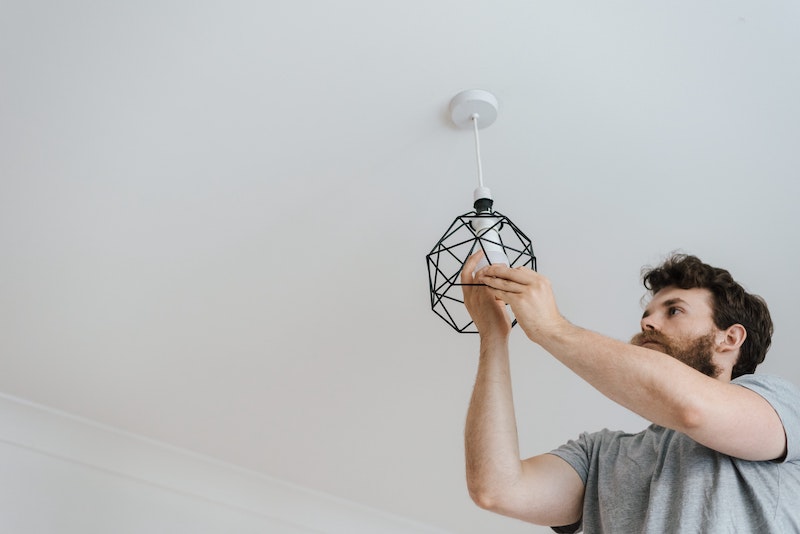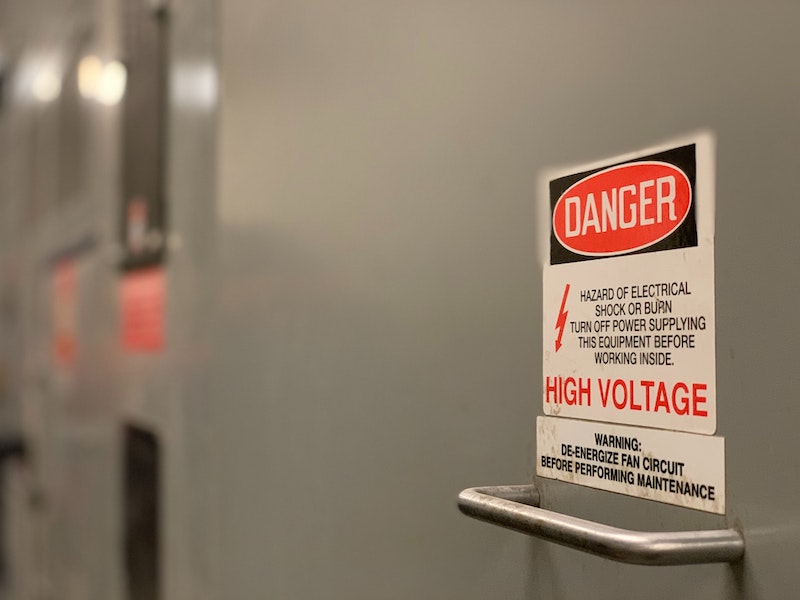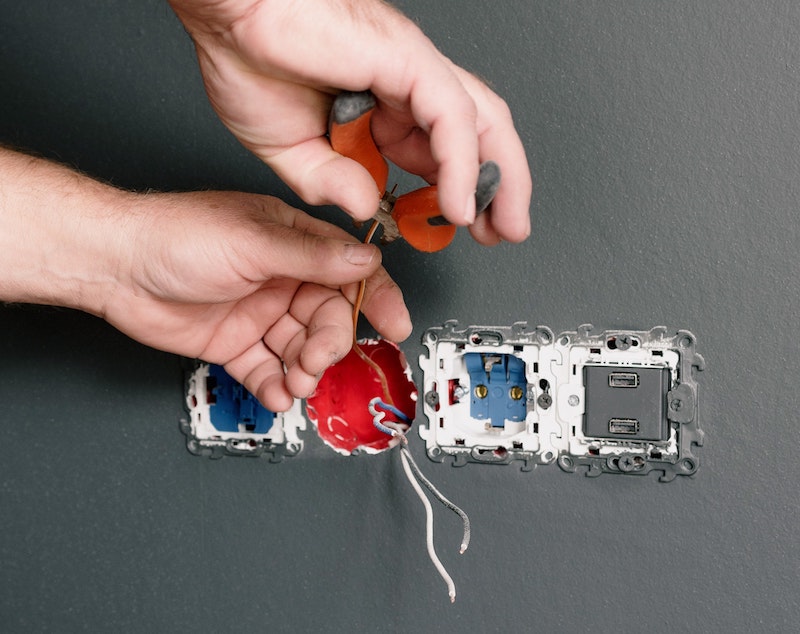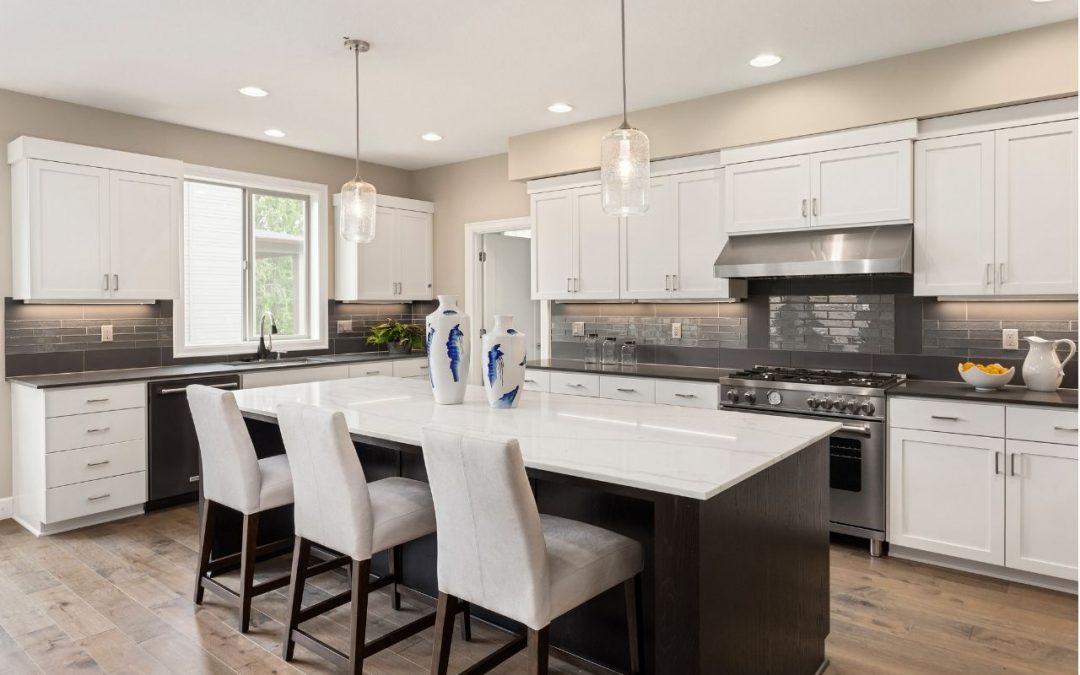Welcome to Queensland, the home to the most pristine and divine beaches in our country, lush rainforests, and stunning climates — what’s not to love about Queensland? One of the state’s superstars is the city of Toowoomba, a place where artistry, coffee, and scenery mix in harmony.
Just a little over a 90-minute drive away from Brisbane, Toowoomba is a promising place to be: a city bustling with colourful careers, exciting opportunities, and delicious eats, all with the backdrop of a beautiful landscape. With such a promising offer amidst the unpredictable times, it’s easy to see that many people move in and get settled in Toowoomba. Booming development and rising economy sharpen Toowoomba’s edge over other cities. With all the movement to Toowoomba, rental properties are in demand now more than ever. More and more properties with competitive prices arise in the city to provide accommodation and housing to people looking for greater opportunities in the vicinity. Like in any other state and territory in Australia, the tenant and the homeowner will enter a legal agreement that spells out the scope, responsibilities, and restrictions that each party must abide by. This article looks at the roles and responsibilities of parties involved in rental properties with electrical work.

Electrical works on rental properties in Queensland
Electricity is truly an innovation and blessing in one. It eases our daily tasks and contributes to smoother processes, whether at home, at an office, or in businesses, with lighting, air conditioning, food preparation including ovens and microwaves, television, the list goes on, all these appliances and necessities are reliant on electricity. Needless to say, with that great benefit comes a great responsibility of dealing with electricity. In the jurisdiction of Queensland, both the homeowner and the tenant share the duty of keeping everyone safe concerning electricity. Unlike many other aspects of property maintenance, electricity should be dealt with with the highest regard for safety.
If you are a homeowner about to lease out a property, it is vital that your electrical situation is up to standard and meets all requirements before advertising, including the presence of a working safety switch, no loose wiring, and repairing any faulty power points or wiring. Electrical safety can have significant consequences leading to life and death situations. These next examples serve to remind us all of how important it is to abide by safety regulations for all things related to electrical works.
Every year, dozens of electrical-related accidents occur and are reported in the vicinity of Queensland. It is concerning because one small mistake could end a life, and there are instances where these situations could have been avoided. We want to help you avoid these unfortunate situations:
- A family of three was hospitalised from a faulty electric hot water system
- One homeowner suffered a fatal electric shock while trying to repair a vacuum
- While preparing to form a concrete slab, a construction worker endured an electric shock from an existing structure
Common Electrical Hazards
- Faulty wiring that could result in fire
- Live wires which could cause burns or shock
- Wet conditions
- Overloading circuits
- Exposed electrical parts
- Damaged insulation around wires, which may lead to contact with another conductor resulting in shock

Responsibility of Homeowners and Property Manager
To make a product sell well on the market, the product should undergo quality control and testing before going all out. The same concept applies to local homeowners and property managers. Most homeowners are too busy or live away from their investment properties, making it too hard to personally manage their properties, this is when property managers get involved. Property managers are the people who are paid to manage and maintain a property on behalf of a homeowner. Their responsibilities include regular inspections, mediating with the tenants if they have concerns, and voice out requests for repairs. Both have the responsibility of keeping the space as structurally up-to-date as possible, without compromising safety at any stage. Before handing the keys over to the tenant, the homeowners have to ensure their property is fit to live in and all electrical work must be checked by a licensed electrician and it is the property manager’s responsibility to ensure the house remains in this condition.
The lease agreement prepared by the landlords must clearly outline the expectations and responsibilities of both parties. From keeping things in check, the landlords must also be on their feet and attend timely to complaints, incidents, and repairs, through liaising with the property manager.
Responsibility of Tenant
The tenant has the responsibility to check the premises as they move in, this is documented in the entry condition report. Upon inspection of the visual aspects of their new home, the tenant must look to see that all switches are working, familiarising with the power box also known as the switchboard, and overall making sure they are happy with the condition of the property, documenting anything that stands out. Aside from keeping an eye on the electric installations at home, tenants should never neglect the current state of their electronic appliances, because a little spark here and there or burning smells could end up leading to more serious problems.
If you signed a standard Residential Tenancy Agreement, the responsibility is now in the tenants’ hands to report any electrical issues to the property manager in a timely manner. The tenant needs to organise their own electricity provider and they can choose between any electricity retailers available in the area. While it’s okay to purchase or acquire appliances or accessories that need to be hardwired in the home’s interior walls, the tenant still has to find a certified professional to get the job done safely. The tenant must not undergo any electrical works themselves, doing so not only endangers lives but could even lead to the invalidation of the home insurance. If you are a tenant and you notice an electrical problem, you need to inform your property manager so that they can organise an electrician to come to the property, if it is an emergency and it is afte rhours, you can contact an electrician yourself.
In conclusion
Aside from existing laws like Residential Tenancies and Rooming Accommodation Act 2008, the local government of Queensland had issued a helpful packet entitled Electrical Safety At Home that explained the ins and outs of anything electrical related to Queensland homes. In the end, there’s still no better recommendation than to consult the experts whether it’s for a simple fix or a major issue with outlets, wiring or appliances.
Our licensed electricians are good at solving complicated electrical issues without breaking a sweat. A solution for every electrical concern, whether you’re looking for a professional to safeguard your home, commercial space or if you ring us with an urgent situation that needs a professional response. Give our electricians a call for all your electrical needs.


